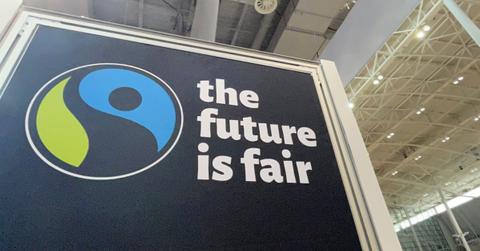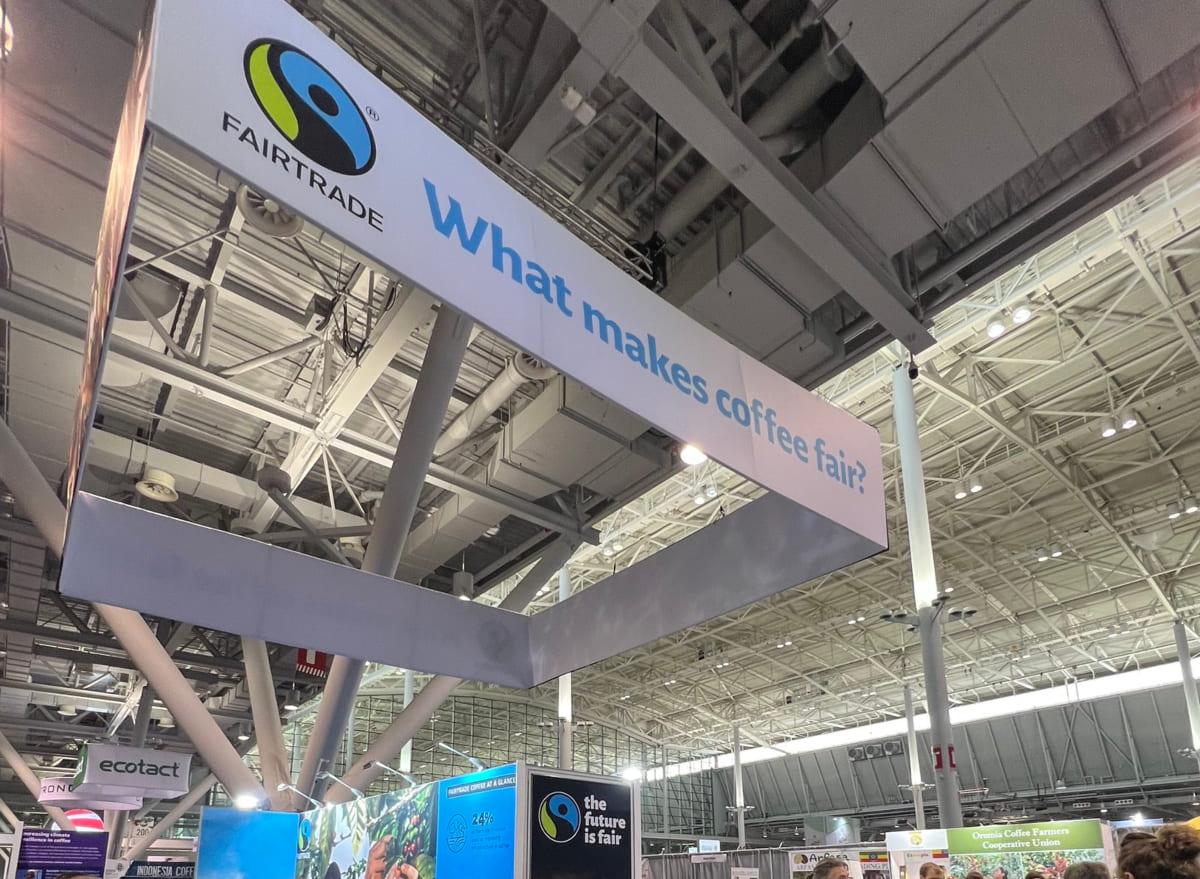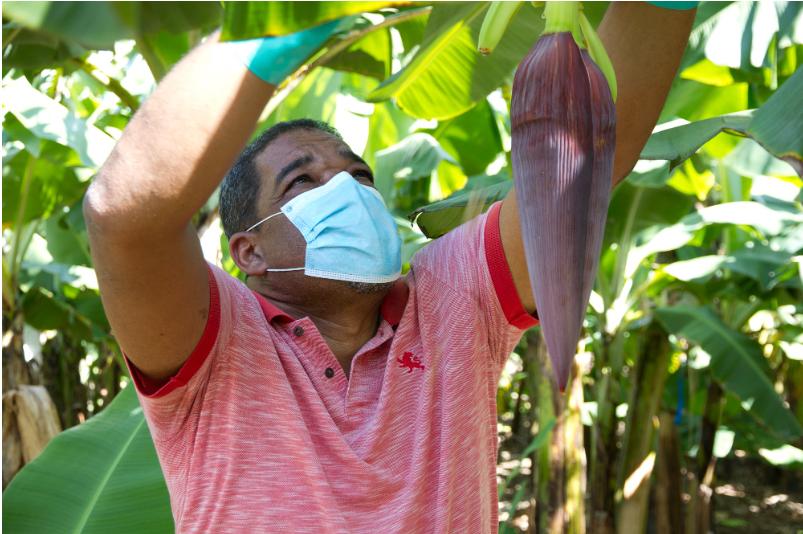Is Fairtrade a Scam? Company Denies Marketing Ploy "Myths"
Fairtrade claims to provide fair prices to farmers even though many believe that the organization is a scam and just a marketing ploy. Is Fairtrade a scam?
May 6 2022, Published 8:47 a.m. ET
The World Fair Trade Day is held on the second Saturday of May and in 2022, the event will be held on May 7. Fairtrade claims to provide fair prices to farmers even though many believe that the organization is a scam and just a marketing ploy.
Fairtrade started to evolve in 1947 when Edna Ruth Byler, who was a volunteer for Mennonite Central Committee, visited Puerto Rico. She realized that women faced poverty despite their talent. In 1997, several labeling organizations formed Fairtrade Labelling Organizations International.
The first World Fair Trade Day was held in 2002.
The World Fair Trade Day was held for the first time in 2022. Some Fairtrade products have a premium pricing with the premise being that farmers and craftsmen are being paid a “fair” amount for their hard work. However, while the company says that its partners get a fair price and it ridicules the “myths,” many believe that Fairtrade hasn’t been making the lives of its members any better.
Is Fairtrade a scam?
Many accuse Fairtrade of not paying farmers fair prices and argue that the company should pay them a percentage of the final price instead of fixed prices. Four-year research done by the SOAS (School of Oriental and African Studies) at the University of London made some baffling revelations.
It said, “What did surprise us is how wages are typically lower, and on the whole conditions worse, for workers in areas with Fairtrade organizations than for those in other areas.” The report added, “It was also surprising to learn that many people don't benefit from the 'community' projects supported with funds generated by the 'social premium' consumers pay for Fairtrade products.”
The report cited an example where the toilets that were funded by the Premium were just for senior managers at a Fairtrade tea co-operative. In another instance, the Premium was used to build houses for the teachers in Uganda even though children who owed fees were turned away.
Fairtrade calls out the “myths.”
Fairtrade has called out what it calls “myths” around the company and its business model. The company argues that paying a percentage share to farmers might not be a viable solution. Fairtrade said, “The way Fairtrade works is that the producer organization (such as a coffee co-operative) receives the Fairtrade price at the point where they sell to the next person in the supply chain (usually an exporter or importer). This is intended to ensure farmers can cover their costs no matter how low the world price for their commodity falls.”
The company has a “Fairtrade Minimum Price” to ensure that the producers get a minimum for their products even if commodity prices fall. Producers can also negotiate higher prices if commodity prices are high.
Fairtrade said that producers “democratically” decide how to spend the Premium that they receive and the organization doesn't “dictate” them even though it audits the spending for transparency.
While many farmers seem to have benefited from their association with Fairtrade, the relationship hasn’t been as fruitful for many others, which is also highlighted by the SOAS.



